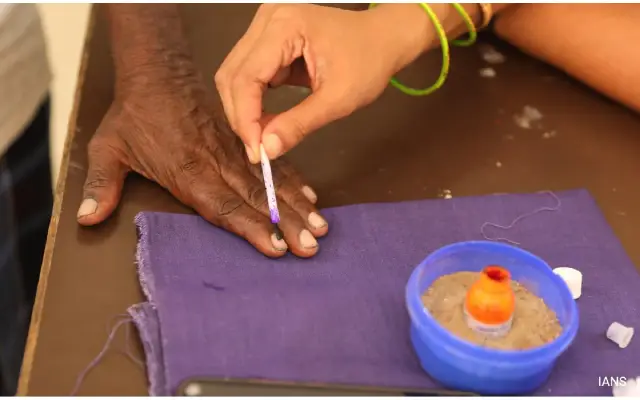Doha: Qatar’s Ministry of Labour and Social Affairs (MoLSA) and the Qatar Central Bank (QCB) are introducing a Wage Protection System (WPS) and companies must be compliant by 3 November 2015.
 In line with the systems used in other Gulf Cooperation Countries (GCC), the WPS in Qatar is expected to strengthen company compliance with the labour law, and reduce the number of payroll-related legal disputes as employees will receive their salaries on time. The WPS will see MoLSA monitor and control all salary payments with the support of the QCB, and these payments will be compared to official records such as visa quota and visa numbers, employment contract and salary details to ensure the correct salaries are paid to holders of valid visas. Expatriates receiving a salary in a foreign country will be required to open a local bank account and will receive the salary in Qatari riyals.
In line with the systems used in other Gulf Cooperation Countries (GCC), the WPS in Qatar is expected to strengthen company compliance with the labour law, and reduce the number of payroll-related legal disputes as employees will receive their salaries on time. The WPS will see MoLSA monitor and control all salary payments with the support of the QCB, and these payments will be compared to official records such as visa quota and visa numbers, employment contract and salary details to ensure the correct salaries are paid to holders of valid visas. Expatriates receiving a salary in a foreign country will be required to open a local bank account and will receive the salary in Qatari riyals.
Under this system, all companies must register their employees with WPS. It’s the employer’s responsibility to ensure all personnel information is correct, particularly salary details. There will be no grace period for new joiners, however, one month is given to arrange the visa and bank account for each employee. It is the duty of the employer to open a bank account for its employees.
Consequences of non-compliance
Companies will face fines of up to QAR 6,000 per infringement and company managers could face imprisonment if the system is not implemented as per the regulations. Failure to comply or submission of incorrect filings could lead to company visa restrictions, visa quotas being reduced or blocked and the company being banned from future hiring. The procedure to address any contraventions will require visits to the MoLSA and proof that the WPS has been applied effectively and correctly.
Steps to WPS compliance
Companies can enroll in the WPS-system by registering via their local bank. The one-off registration involves submitting a prescribed enrolment form with a copy of the company registration and computer card. Salaries can be processed either through online banking (every bank will have different requirements) or through the submission of an excel file, which must be converted to a SIF file.
What can go wrong?
There are several potential causes for WPS transactions being rejected by either the bank, QCB or the MoLSA, but the most common reasons could be that the files do not comply with the formatting standards; There is a discrepancy between the number of transactions and the actual number of employees on the company’s visa roster; The visa numbers do not match MoLSA records; Net Salary is not equal to Basic Salary + Extra Income – Deductions; Invalid Employee and Payer’s bank account details
So what happens if it does go wrong?
If a company is blocked, it is essential to gather all information to prove that a WPS transfer was intended to be completed. Companies should have the list of all transfers, rejections, manual payments by cheque, and confirmation letters by employees and so on. The MoLSA might ask for additional proof and other letters. Banks have limited scope to support in such a case. Should the company get reviewed by MoLSA and judged in favour, the company will be unblocked and the payments will resume to the employees.
















